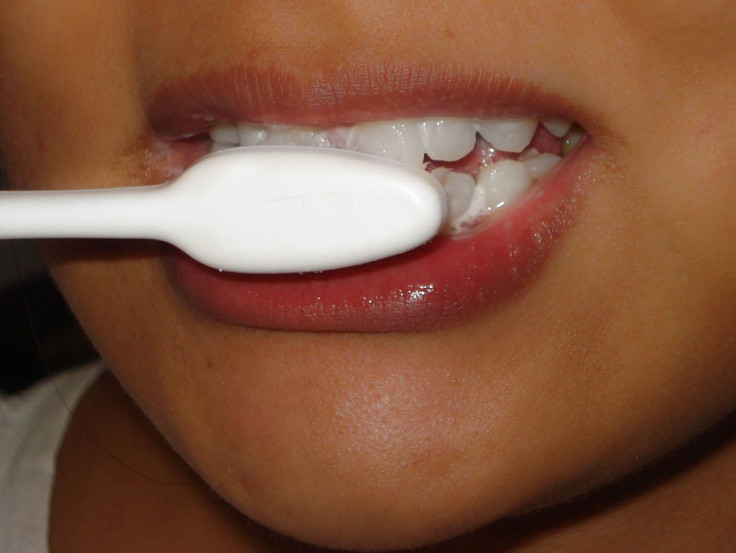Study Finds Gum Disease Bacteria In Brains Of Alzheimer's Patients, But Does This Nececssarily Mean Oral Health Is Related To The Disease?

A recent study by the University of Central Lancashire in England, published in the Journal of Alzheimer's Disease, shows that bacteria typically associated with gum disease, or gingivitis, has been found in those who suffer from Alzheimer's disease. The media is now publishing articles like this with titles such as "Brushing your teeth can reduce risk of Alzheimer's disease, claim dentistry boffins" and "Poor dental health and gum disease may cause Alzheimer's." But, could these be completely sensationalized and far from the facts of the paper?
"The results are very encouraging," said Crean, the dean of the School of Medicine and Dentistry at the University of Central Lancashire in England. "We've shown an association, not causation. It does nothing more than to prove that these bacteria do get to the brain." And it proves just that. Bacteria usually found in the mouth that can cause gum disease, Porphyromonas gingivalis, was found in four out of 10 brain samples of patients with Alzheimer's disease and in zero out of 10 samples from the brains of healthy individuals.
The research in no way proves or even shows that the specific bacterial species causes Alzheimer's disease. It just shows that the bacteria have a higher chance of making it into the brain of affected individuals. This is easily understandable because the beta-amyloid plaques found in the brains of Alzheimer's patients cause inflammation. This inflammation can cause the impermeable blood brain barrier to become porous and hearty bacteria, such as those that cause gingivitis, can make their way into the brain.
This brings to mind the story years back about similar oral bacteria being implicated in heart disease. Researchers found that several species that can cause gum disease were found in plaques of atherosclerosis found in patients with heart disease. The myth that oral hygiene can lead to heart attacks was finally dispelled in a 2012 paper published in the American Heart Association's journal Circulation.
The Alzheimer's Society has released a statment in response to the paper and media saying that there is not enough evidence to support the theory that bacteria can cause or even exasterbate the developement of Alzheimer's disease: "The best way to reduce your risk of dementia is to lead a healthy lifestyle. Enjoy a balanced Mediterranean diet rich in fruit and vegetables, oily fish and the even the occasional glass of red wine, take regular exercise and don't smoke. Of course if people are worried, it never hurts to reach for the tooth brush twice a day."
All in all, good oral hygiene is always something people should practice, whether or not it can affect other diseases. Alzheimer's disease still remains a mystery because scientists have not pinpointed the initiating factor that causes the form of dementia to occur and do not even know if the plaques in the brain are the cause of the disease or the result of some yet undefined occurrence that happens before their appearance.
Source: Poole S, Singhrao S, Kesavalu L. Determining the Presence of Periodontopathic Virulence Factors in Short-Term Postmortem Alzheimer's Disease Brain Tissue. Journal of Alzheimer's Disease. 2013.
Published by Medicaldaily.com



























